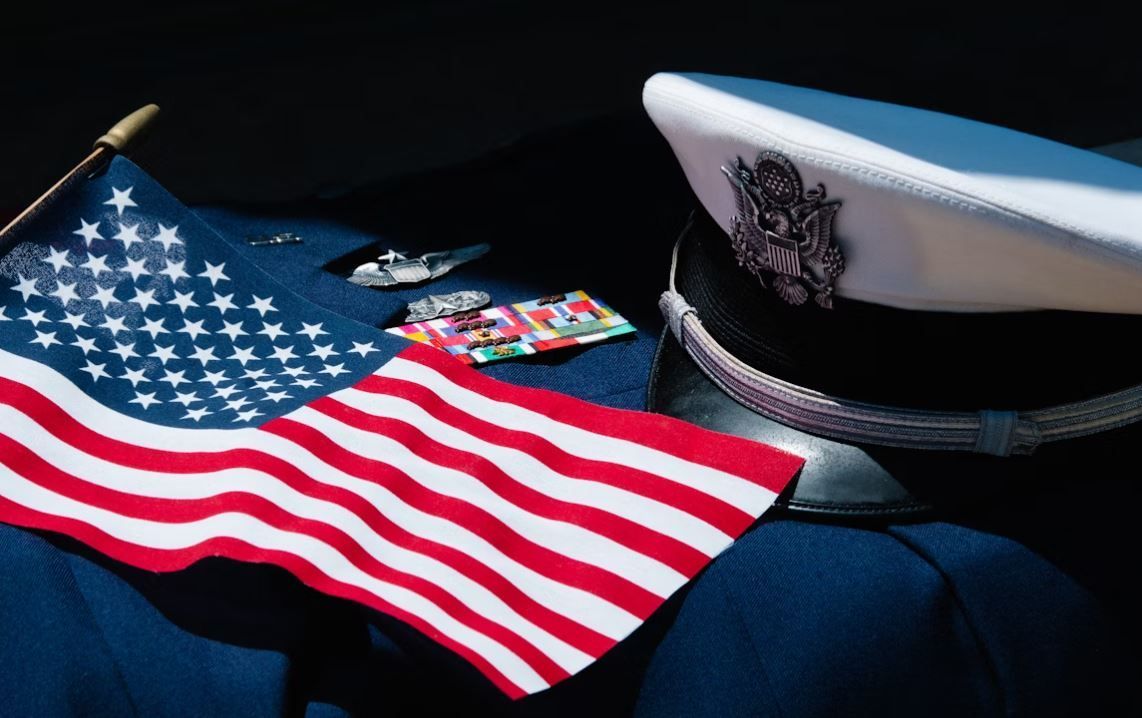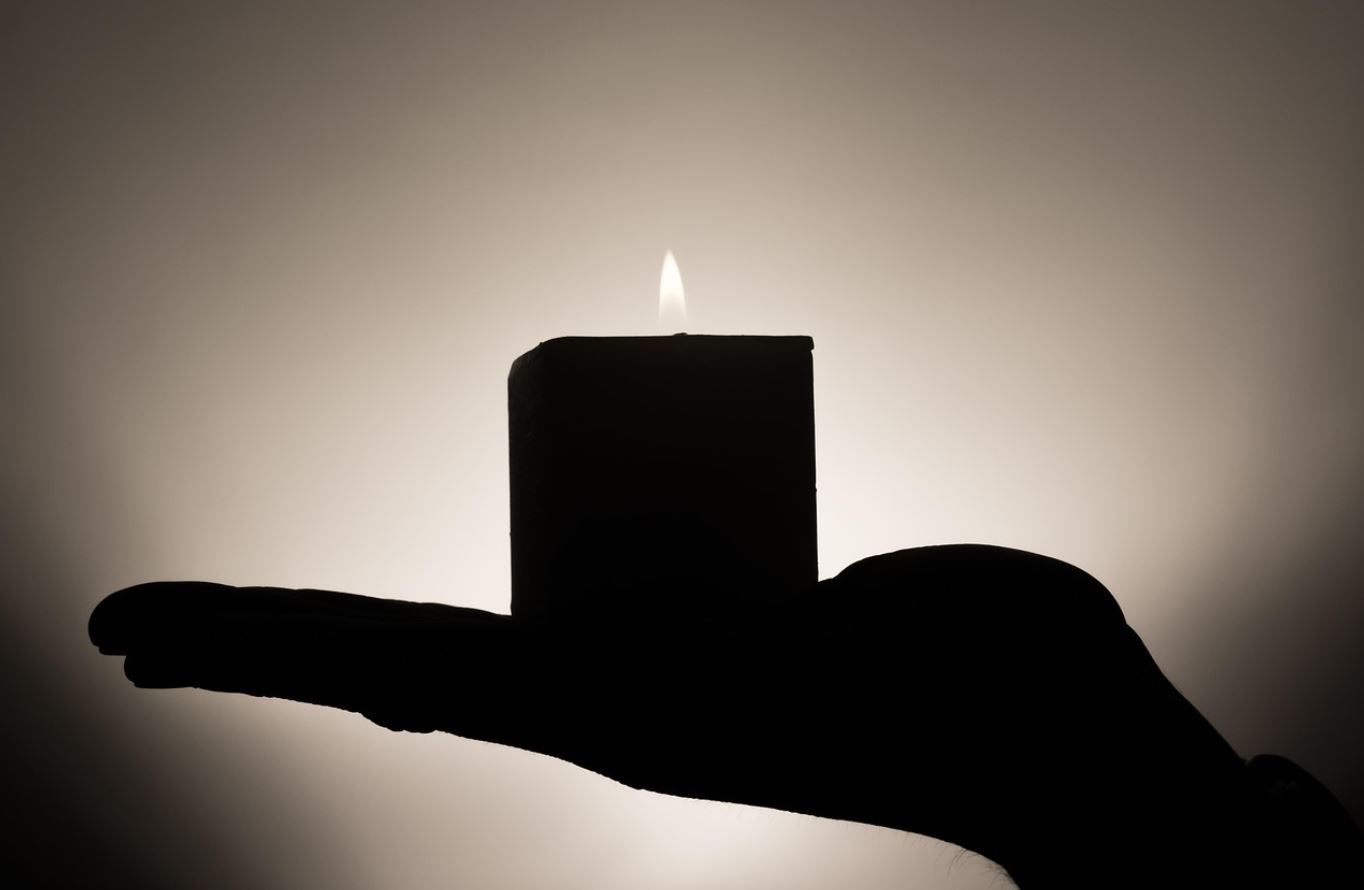What to Do When a Loved One Dies
Several years ago, the AARP published a great resource on their website about what to do when a loved one dies. Their checklist is still helpful, so we wanted to share it with you here:
When a loved one dies, you might face the overwhelming responsibility of closing out the person’s life. There are many things to attend to, from providing a proper tribute to closing bank accounts to canceling a gym membership. And many of the tasks require attention to detail — adding stress to what is already a pretty emotional time.
To cope, cut yourself some slack: Don’t try to handle everything yourself if you don’t have to.
“This burden shouldn’t be placed on one individual,” says Sally Hurme, an AARP elder law attorney and author of The ABA Checklist for Family Heirs. “When people ask what they can do to help, take advantage of the offer. Delegate.”
To do so, you need to have a full, clear picture of what needs to be done. Here’s an ordered checklist to make your task easier. As you review what’s in store, consider which undertakings you can hand off and who can best handle them.
TO DO IMMEDIATELY
Arrange for organ donation. It may be the last detail you want to think about, but arrangements need to be made “almost immediately at death so the organs can be harvested as promptly as possible,” Hurme says. Not certain about the person’s wishes? Two sources to check: the driver’s license and an advance health care directive, such as a living will or health care proxy. If the answer is “yes,” the hospital where the person died will have a coordinator to guide you through the process. If your loved one died outside of a hospital — that includes in hospice or a nursing home — contact the nearest hospital. Staff will be on hand to answer questions about what’s next. There is no cost.
Contact immediate family. Of course you want to update key family members. Bringing them together in person, by phone or electronically (via mass email, Skype or Facebook Family page), is an opportunity not only to comfort one another but also to share information about important decisions that must be made — some of them immediately. Do any of you, for example, know of an arrangement for the funeral or other source for burial wishes?
Follow body bequeathal instructions. If the person made arrangements to donate his or her body to a medical school, the family must respect those wishes. An advance directive, living will or health proxy may guide you to a particular institution. If the person hasn’t made arrangements, the next of kin can donate the body, but the decision needs to be made as early as possible.
Consider funeral preparations. If possible, bring together key family members for an early conversation. This is especially helpful if the deceased left no advance instructions or possibly made an unreasonable request. Factors to consider:
- What did the deceased want?
- What can you afford?
- What’s realistic?
- What will help the family most?
“Ultimately, people need to follow their heart, mind and gut about making these decisions,” says Patrick Lynch, past president of the National Funeral Directors Association and co-owner of Lynch and Sons Funeral Directors in Michigan. “You have to know what will make your heart heal as best as it can.”
Choose a funeral home. Most people want a funeral home to transport the body from the morgue to its facility. The deceased may have identified which home to use — and even prepaid for funeral services. If there’s been no conversation about arrangements, the choice will be up to the family. “Do some research,” Lynch says. “Check with people who have had an experience with one.”
Notify close friends and extended family. Make a list of as many people as you can. Find contacts through email accounts and personal telephone books. Contact an employer and organizations the deceased belonged to, if necessary.
Secure property. Lock up the person’s home and vehicle. Is the car parked in a secure and legal area? Will the home be vacant? If so, you may want to notify the police (dial a non-emergency number), landlord or property manager. Have someone care for pets until a permanent arrangement is made.
Notify the post office. Use the forward mail option. This will prevent accumulating mail from attracting attention. It can also inform you about subscriptions, creditors and other accounts that need to be canceled. “That mail that comes in will be very valuable in tracking down what you may not have thought of. It can be a treasure trove of information,” Hurme says.
TO DO BEFORE THE FUNERAL
Meet with the director handling the funeral or memorial arrangements. Use instructions your loved one might have left and the earlier family discussion to guide the many decisions to be made.
- Will the body be embalmed or cremated ?
- Will there be a casket, and if so, will it be open or closed?
- If body will be cremated, will the ashes be scattered? If the ashes are deposited in an urn, will it be placed in a mausoleum?
- Where is the burial site?
- What religious traditions need to be respected?
- Will there be contributions to charities in lieu of flowers?
For a veteran, inquire about special arrangements. A range of benefits can help tailor a veteran’s service. You may be able to get assistance with the funeral, burial plot or other benefits. You can find many details about options at the U.S. Department of Veterans Affairs website. Or call Veterans Affairs at 1-800-827-1000 or your local veterans agency, often included in local government listings. You can also inquire about veteran’s survivor benefits.
Consider whether you need or want other financial assistance for the funeral and burial. Help might be available from a number of sources, including a church, a union or a fraternal organization that the deceased belonged to. Phone or send an email to the local group.
Enlist help for the funeral. Relatives and friends may be needed to serve as pallbearers, to create or design the funeral program, cook meals (for a repast gathering or simply for the household of the deceased), take care of children or pets, or shop for any items needed for the funeral or household of the deceased.
Arrange for headstone. You can typically purchase a headstone through the cemetery or from an outside vendor of your choice. Consult the cemetery about rules, regulations and specifications such as color and size, particularly if you go with an outside vendor.
Organize a post-funeral gathering. Depending on your tradition, it’s called a repast or a wake. It can be held at the church, a banquet hall or someone’s house. Enlist the help of friends and relatives to plan.
Spread the word about the service. Once a date and time have been set for the service, share the details with those on your contact list. Include an address to send cards, flowers or donations.
Make a list of well-wishers. Keep track of who sends cards, flowers and donations so that you can acknowledge them later.
Prepare an obituary. The funeral home might offer the service or you might want to write an obituary yourself. If you want to publish it in a newspaper, check on rates, deadlines and submission guidelines. Don’t include such details as exact date of birth that an identity thief could use.
Handle the ethical will, if there is one. An ethical will isn’t a legal document, but rather a letter of sorts written to your family and friends that shares your values, life lessons and hopes for the future. If the deceased left one, arrange to share it, maybe even have it printed.
TO DO AFTER THE FUNERAL
Get duplicate death certificates. You may need a dozen certified death records to complete upcoming tasks, though some will require less expensive copies. Your funeral director may help you handle this or you can order them from the vital statistics office in the state where the death occurred or from the city hall or other local records office. Each certified record will cost in the neighborhood of $10 or $20.
Send thank-you notes. From the contact list that you acquired earlier, send thank-you notes and acknowledgements. Consider delegating this task to a family member.
Notify local Social Security office. Typically the funeral director will notify Social Security of your loved one’s death. If not, call 1-800-772-1213 or contact your local office. If your loved one was receiving benefits, they must stop because overpayments will require complicated repayment. Even a payment received for the month of death may need to be returned. If the deceased has a surviving spouse or dependents, ask about their eligibility for increased personal benefits and about a one-time payment of $255 to the survivor.
Handle Medicare. If your loved one received Medicare, Social Security will inform the program of the death. If the deceased had been enrolled in Medicare Prescription Drug Coverage (Part D), Medicare Advantage plan or had a Medigap policy, contact these plans at the phone numbers provided on each plan membership card to cancel the insurance.
Look into employment benefits. If the deceased was working, contact the employer for information about pension plan, credit unions and union death benefits. You will need a death certificate for each claim.
Stop health insurance. Notify the health insurance company or the deceased’s employer. End coverage for the deceased, but be sure coverage for any dependents continues if needed.
Notify life insurance companies. If your loved one had life insurance, appropriate claim forms will need to be filed. You will need to provide the policy numbers and a death certificate. If the deceased was listed as a beneficiary on a policy, arrange to have the name removed.
Terminate other insurance policies. Contact the providers. That could include homeowner’s, automobile and so forth. Claim forms will require a copy of the death certificate.
Meet with a probate attorney. The executor should choose the attorney. Getting recommendations from family or friends might be the best approach, but an online search can also be an efficient way to find an attorney. “The advice of counsel can save a lot of frustration and running down dead ends,” Hurme says. If there is a will, the executor named in it an













